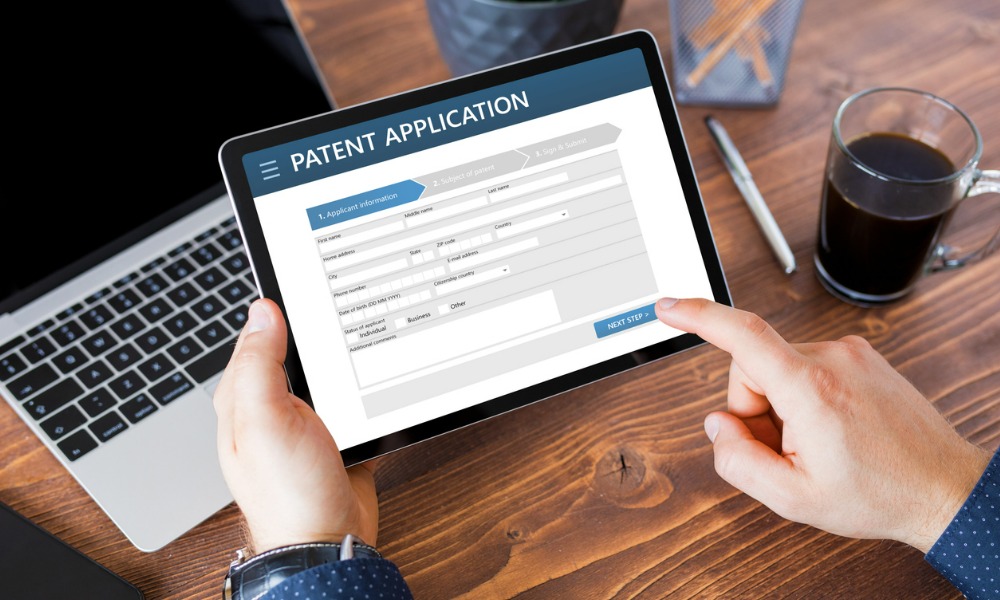
One of the amendments adopted is the imposition of excess claims fee

The Canadian Intellectual Property Office (CIPO) recently announced that amendments to the Patent Rules that will streamline the patent examination process to ensure the efficient and timely processing of patent applications have fully entered into force.
Under the amendments, the CIPO can impose “excess claims fee.” This fee is in addition to the basic one and applicable page fees and pertains only to applications requesting an examination on or after October 3.
Accordingly, a patent applicant seeking a request for examination will be required to pay the basic fee of $816, or $408 for a small entity, and where there are more than 20 claims in a patent application on the day on which the request for examination is made, the prescribed fee of $100, or $50 for a small entity. Both the basic fee and any applicable excess claim fee (referred collectively to as the prescribed fee) are required for the request for examination to be made.
The excess claim fee applies at two distinct points in the application process: (a) at the time a request for examination has been filed; or (b) at the time the final fee − the fee required for issuance of a patent – has become due. However, applications with 20 claims or fewer will not be subject to the excess claim fee, and only payment of the current rate for a request for examination or the final fee will be required.
If the amount paid for the examination of an application for a patent is less than the prescribed fee because the applicant did not properly assess the excess claim fee component, the amendments provide two options to remedy the error.
The applicant could either: (a) submit an additional payment; or (b) submit an amendment to reduce the number of claims on file, such that the amount already paid is greater or equal to the prescribed fee. In the second scenario, the fee is considered to have been paid on the day the amendment was made. The date the request for examination is made would be the date the amendment was submitted.
The amendments also provide that an applicant cannot receive a refund of fees paid for claims above 20 should the number of claims on file be reduced through voluntary amendment or by the response to an examiner’s requisition after the day on which the request for examination was made. No refund will be provided unless it is determined that an overpayment of the excess claim fee was made.
The amendments also introduced the concept of “conditional notice of allowance” (CNOA) − which is essentially a combination of an examiner’s report and a notice of allowance (NOA). An examiner’s report pertains to the one received by an applicant after a request for examination is made, while an NOA is a formal notification indicating that the examination of the patent application has been completed.
Under the amendments, when an application is in a condition for allowance but for certain minor defects, the commissioner will send a CNOA to the applicant identifying those defects. The applicant will have four months from the date the CNOA is sent to make certain amendments or submit arguments as to why the application complies with the Patent Act and the Patent Rules and pay the final fee. Failure to respond within that period or pay the final fee would result in abandonment.
The types of defects that an applicant can expect in a CNOA are those relating to margin, line spacing and font size, page numbering, drawing requirements, parts of the application beginning on new pages, and statements incorporating by reference a document in the description.
Language requirements for patent applications filed in Canada
Under the amendments, all documents or information submitted to the CIPO must be in English or French, with some exceptions as defined in the Patent Rules. For the exceptions, a translation will generally be required within a predetermined period.